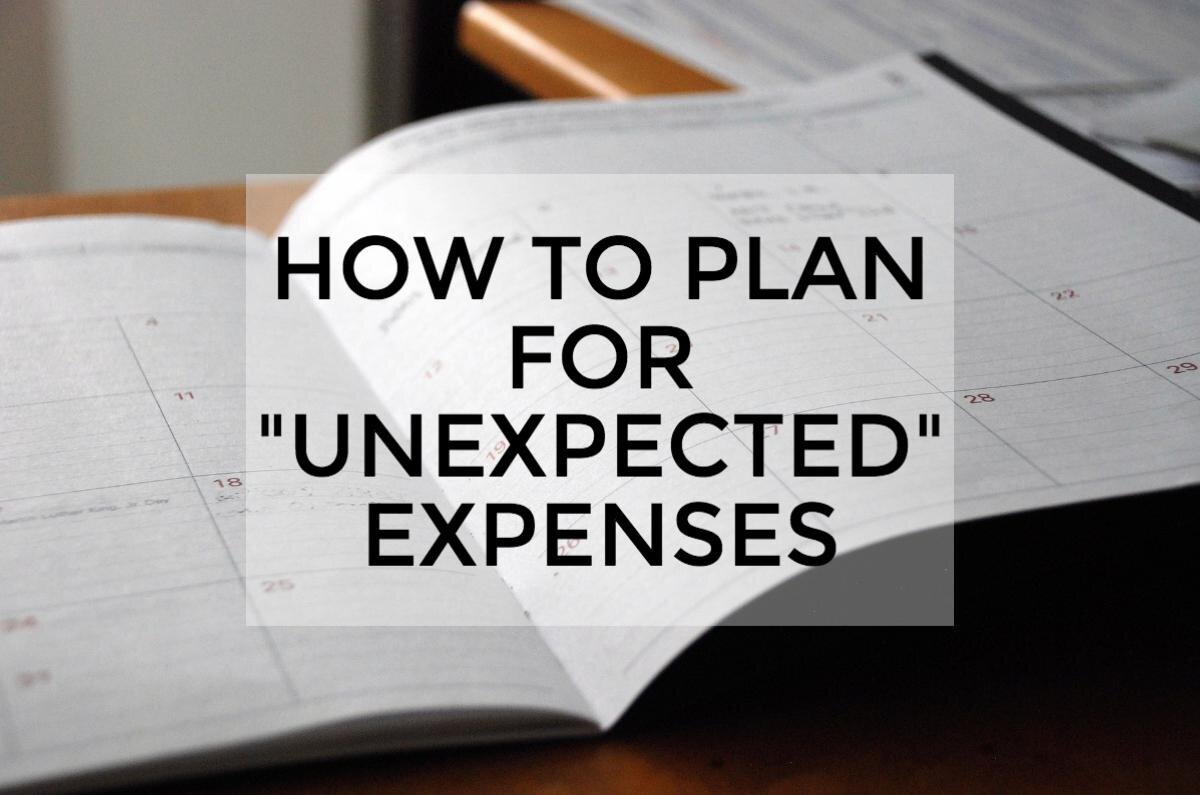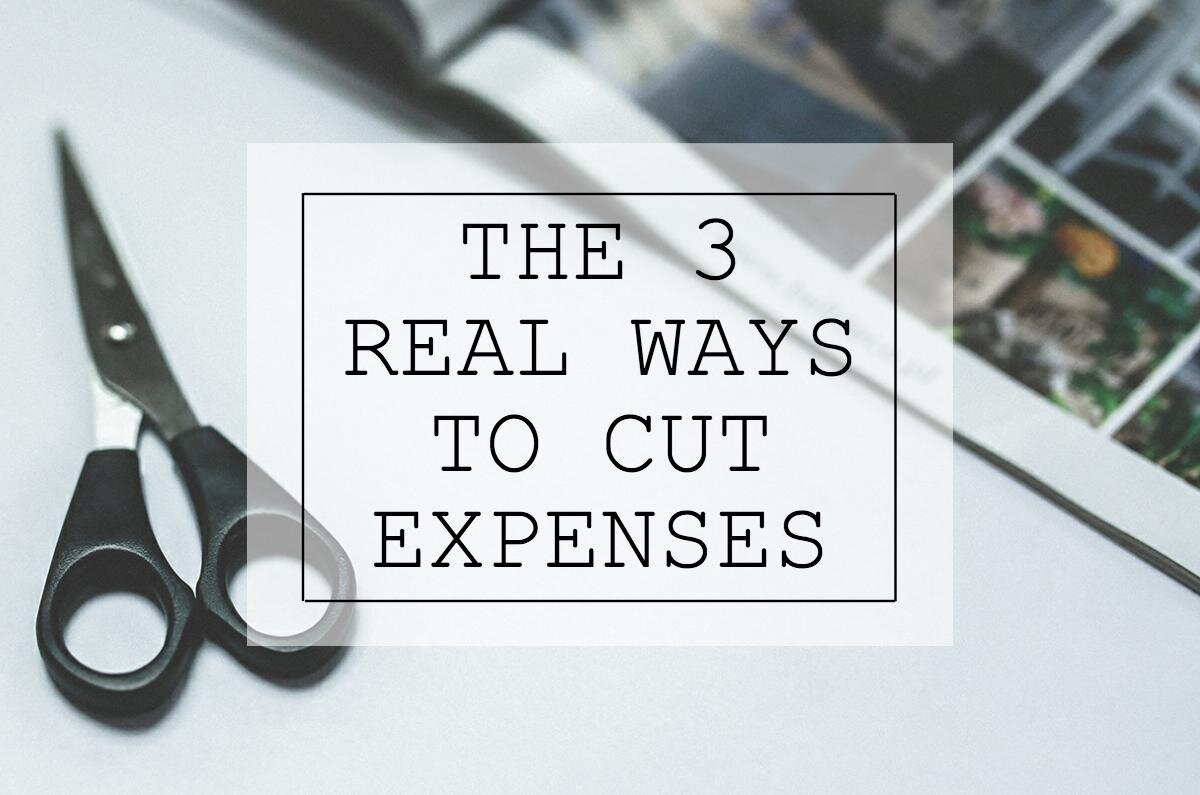
The Wealth Mode Blog
Weekly Financial Date for Couples
Here's a free guide to the Weekly Financial Date for Couples, an actual resource I’ve given to my own clients.

The Real Reason You Should Hire a Financial Planner

The Cares Act Stimulus Package
The $1,200 per person Stimulus Check is only 1 of 5 main areas of the CARES Act. You need to know about all five.

Are Target-Date Retirement Funds the Best Choice?
I’m going to point out the three main problems of Target Date Retirement funds that clearly show why they’re not the best choice.

How Much Can You Earn From Investments?
Let’s tackle the two main questions everyone asks about investing returns: How much can I earn from my investments? What's type of investment gets the highest rate of return?
What’s the Most Important Principle of Personal Finance?
Just like the Final Four of NCAA college basketball, thousands of financial advisors were asked to fill out a bracket to come up with a "Financial Four" of the most important principles of personal finance. What was the champion principle, and what is so important about it?

Should I Pay Off My Mortgage Early or Invest Extra?
Pick up almost any mainstream book or listen to any talking head in the personal finance space and you'll hear "pay off your mortgage early." So if you have extra money each month, should you pay extra toward your mortgage? The "right" answer may surprise you.

Avoiding Big Investing Mistakes
One of the hardest things about being a young investor is that we haven't experienced what it's like to endure a market crash - we can be naive about the big investing mistakes humans are prone to. Here's a simple exercise to help gauge your risk tolerance and what it's like to feel emotions of a portfolio drawdown.

The Single Most Important Thing in Investing
Being a financial planner, the most frequent question I get in small talk is, "So what should I invest in?" But that's not the most important thing in investing. What is, then?

So You Think You Can Plan?
I'm surprised at how many people confuse basic financial literacy with financial planning. Real financial planning is more than knowing a few basic principles and following rules of thumb. So you think you can plan? Here, I share the 3 "C's" of financial planning.

How Mutual Funds Make Diversification Easy
The conundrum of the average investor who wants to be properly diversified is solved by mutual funds. By pooling your money with other investors, you can own several different asset classes to reduce your risk, and still get an adequate investment return.

How to Invest With Less Risk
In my experience, the number one reason people haven't started investing is because they are afraid of risk, and don't correctly understand its role in investing. Here's how to invest with less risk and still get an investment return you need for your goals.

Why Saving 10% Isn't Enough
Many sources will tell you to give yourself a big pat on the back if you're saving 10% of your money. I'd like to suggest why I don't think saving 10% is enough in the context of three main financial goals most of us have.

The 2 Deadly "P's" of Financial Decisions
In my work as a financial planner, I've observed several types of financial inaction in people's lives. However, they nearly all fall into one of two camps, which I call the two deadly "P's".

3 Questions to Change the Way You See Your Finances
I give out a lot of advice as a financial planner. But if there is one thing I hope you do, it's to sit down for 20-30 minutes to actually write down your answers to these three questions.

Why Roth IRAs are Overhyped
Most sources heap lots of praise on Roth IRAs, usually by hyper-focusing on the appealing idea of not paying taxes when you withdraw your money in the future. I'll play devil's advocate and bring down the hype so we can look at the benefits of the Roth IRA objectively.

How to Plan for "Unexpected" Expenses
The most common budget-killer, hands down, is non-monthly expenses. Learn the simple solution.

Saving Big with Credit Card Price Protection
Price Protection is a little-known, not-used-nearly-enough benefit offered by some credit cards that will reimburse you for a price drop that happens after you purchase an item.

The 3 Real Ways to Cut Expenses
There are three spending categories that take up over 50% of the average household's gross income, and over 62% of the average household's net income. Cutting down on these "big three" categories could be the difference you need to save more money.
7 Steps to a Great Credit Score
Your credit score doesn't have to be something that you just hope is "good enough" . It can be something you can intentionally and strategically build. Let's bust the myths and break it down to a simple science, even a straightforward 7-Step plan.
